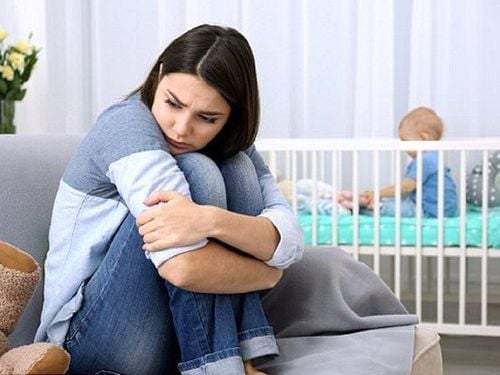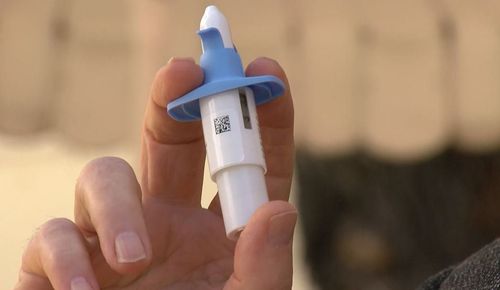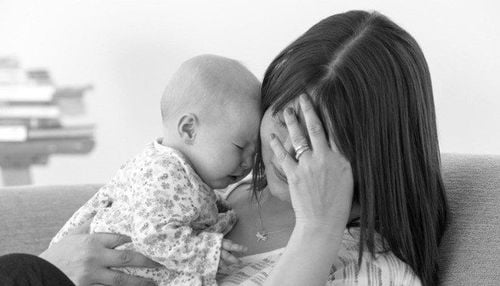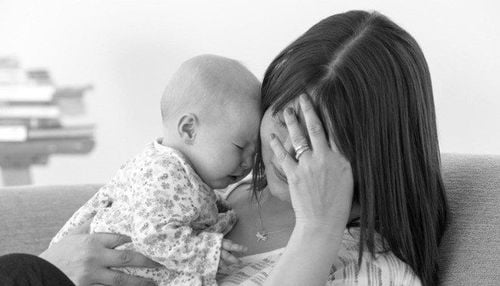This is an automatically translated article.
The article was professionally consulted by Specialist Doctor II Pham Thi Tuyet Mai - Obstetrician and Gynecologist - Department of Obstetrics and Gynecology - Vinmec Hai Phong International General Hospital.Postpartum depression usually appears in the first 2-3 months after birth with manifestations such as anxiety, sadness, insomnia, anger... If the patient is not detected and treated promptly, the disease can increasingly severe and unfortunate consequences may occur.
1. When does postpartum depression appear?
Postpartum depression is a condition that women may experience after giving birth. The disease usually appears in the first 2-3 months, especially the first 3 weeks after giving birth. Postpartum depression can last from a few months to even a few years. The disease not only affects the patient directly, but also adversely affects the child and other family members.2. Symptoms of postpartum depression
The signs of depression are vague and easy to overlook. However, it is not until after birth that the disease can be detected because right in the pregnancy, the signs of postpartum depression have gradually appeared.Symptoms in pregnancy that warn of postpartum depression:
The most common manifestations are anxiety, fear, mood swings, often feeling sad, hopeless, irritable, easy to cry Body fatigue, difficulty sleeping, not sleeping well or sleeping a lot during the day. Eating habits change.

After giving birth, symptoms of sadness, anxiety, and insomnia continue to appear. Accompanied by an attitude of alienation, not wanting to contact family, friends and even children. Feeling helpless, unable to protect your child, not wanting to be close to your child or even intending to harm them Always feeling that someone wants to harm you, often having thoughts of suicide
3. Consequences of postpartum depression
Postpartum depression not only directly affects the mother but also adversely affects the child and other family members.
For the child: The child is not well cared for or even at risk of being killed because the mother is paranoid. For the mother: Always thinking about suicide, this rate is more than 40%. For relatives: Having to always observe and watch over the mother and the baby leads to wasting time and neglecting work. There was a case of being beaten and stabbed by a paranoid mother
4. Treatment of postpartum depression
To treat postpartum depression, besides medication, psychotherapy and family support play an extremely important role.

4.1 Non-drug treatment
Insight-oriented psychotherapy plays an important role in the treatment of postpartum depression. Patients need to believe in themselves, be patient, try to improve day by day. Patients can visit the counselor about once a week. Relatives need to support and encourage the patient. Make sure the patient is taking the correct medication.
4.2 Treatment using drugs
Some commonly used postpartum depression medications such as: Fluoxetine, Sertraline, Venlafaxine. These drugs have been shown to be effective and well tolerated by many studies. In cases where the patient develops severe symptoms of anxiety, a benzodiazepine can be added. Antidepressants may be excreted in milk and this excretion varies from drug to drug. Fluoxetine and Sertraline can pass into breast milk and cause complications in the newborn, but these are rare.
Please dial HOTLINE for more information or register for an appointment HERE. Download MyVinmec app to make appointments faster and to manage your bookings easily.














